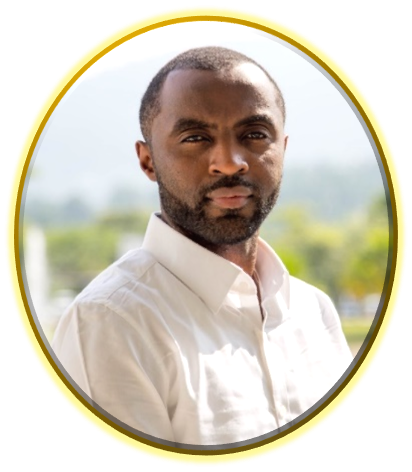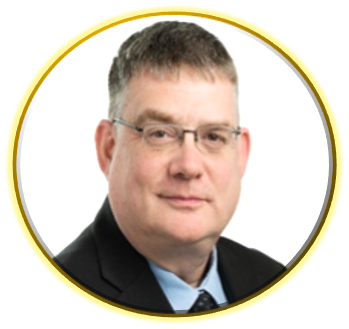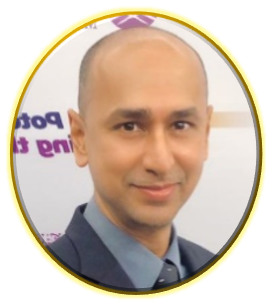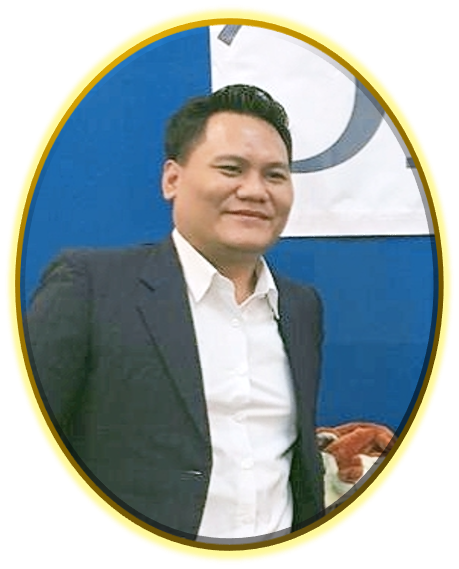SPEAKERS
KEYNOTE SPEAKER: HENRY KOGE
Assistant Professor, University of Nottingham, UK

Henry Koge is an Assistant Professor in Educational Leadership at the University of Nottingham UK, where he teaches the MA ELM and PGCEi programmes. He holds a PhD from the University of Warwick (UK) in Leadership and Management and is a member of the British Educational Administration Leadership and Management Society (BELMAS).
Prior to joining the university, he served as an Assistant professor at the University of Nottingham Malaysia where he had been involved in research and practical work in the establishment and development of professional learning communities (PLCs) and supporting school-based change initiatives in Malaysia. He also served as a Consultant and a Leadership Assessor for RITE Education’s Genesis Programme with the Malaysian Innovation Agency.
He is interested in a range of issues of relevance to educational leadership and practitioners' work including, but not limited to job satisfaction, professional learning communities, work engagement and collaboration, educational change, practitioner and institutional development, and educational leadership. He also serves as a reviewer for the British Based journal in Educational Management Administration and Leadership (EMAL).
PLENARY SPEAKER 1: DAVID BOOTH
Director Test Development, English Assessment, Pearson UK

David Booth is the Director of Test Development, English Assessment, Pearson UK. He is responsible for the development of test specifications and materials for a wide range of English language proficiency tests. David’s main expertise is in the development and revision of tests and he has given presentations at major conferences on this theme.
In his talk, David will look at why we must replace outdated paper-based approaches to language testing and how our current technology is suited to addressing the difficulties a global pandemic or a similar crisis brings. The global impact of COVID-19 has highlighted limitations in traditional methods of language assessment. Large-scale testing in school halls and other similar venues are being replaced by smaller computer-based testing centres and remote proctoring solutions. Computer-based testing is the key to enabling these changes. Computer-based testing brings significant advantages in automating the test experience and back-end systems such as marking. It allows testing outcomes to become part of the learning process in the classroom.
PLENARY SPEAKER 2: RAMESH NAIR
Lecturer, Universiti Teknologi Mara (UiTM)

Ramesh Nair teaches undergraduate and postgraduate courses at the Academy of Language Studies, Universiti Teknologi MARA, and he is also a research fellow at the university’s Accounting Research Institute, a Higher Institution Centre of Excellence. His research work focuses primarily on professional communication, with a particular interest in reputational risk, impression management and transparent reporting practices. Over the years, Ramesh has been involved in several key initiatives related to the Ministry of Education’s reform agenda for English language education in Malaysia, and he continues to publish in the areas of teacher professional development and language policy. Ramesh is a member of the English Language Standards and Quality Council, Ministry of Education Malaysia, and president of the Malaysian English Language Teaching Association.
In his presentation, Ramesh will first draw attention to some significant reforms which have been implemented in Malaysian schools with the introduction of the new primary and secondary school curricula. He will discuss the implications this has for higher learning institutions that receive students and equip them with the English language skills needed for the real world. Concerning this, he will draw on his experience of teaching English and offer ideas on how we can improve the delivery of English language education in higher learning institutions to meet national aspirations.
PANEL DISCUSSANT: DR. CATUR SETIOWARGO
Early Childhood Expert ECE Curriculum Consultant and Advisor

Dr. Catur is an early childhood education (ECE) expert and a curriculum designer, consultant, trainer, and advisor with more than 20 years’ experience in the ECE field. He has been an advisor to various government and private organisations in Indonesia and Malaysia working on early childhood development and education. Dr. Catur obtained his Bachelor and Masters in ECE from Universitas Negeri Jakarta, Indonesia and PhD in ECE from Universitas Negeri Yogyakarta, Indonesia.